Stress is commonplace today, however what most do not know is that Stress is the most endemic cause of Nutritional Deficiency. Stress of any kind, physical or emotional: fear, anxiety, anger, tension, nervousness, hot or cold, loud noises (including loud music), injury, surgery, burns or a long continued lack of sleep; these drain the body of vital nutrients. Our body losses several micro nutrients however the biggest losses are of:
- Vitamins A
- Vitamin B Complex
- Vitamin C
- Mineral Zinc
- Mineral Potassium
- Mineral Magnesium
and also a macro nutrient:
- Protein
Stress causing a constant, groundless fear, indicated by tension and worry is both a cause and a result of deficiency and disease, a vicious cycle.
Contents
What is Stress
Stress is defined as an organism’s total response to a stressor (stimulant) such as an environmental condition. Stress is a body’s method of reacting to a challenge. According to the stressful event, the body’s way to respond to stress is by sympathetic nervous system activation which results in the fight-or-flight response. Because the body cannot keep this state for long periods of time, the parasympathetic system returns the body’s physiological conditions to normal (homeostasis). In humans, stress typically describes a negative condition or a positive condition that can have an impact on a person’s mental and physical well-being.
Common Symptoms of Stress
Physiological Symptoms of stress which are visible on your body:
- Hypertension (high blood pressure)
- Loss of libido
- Lower immunity against diseases
- A tendency to sweat
- Back pain
- Chest pain
- Cramps or muscle spasms
- Erectile dysfunction
- Fainting spells
- Headache
- Heart disease
- Muscular aches
- Nail biting
- Nervous twitches
- Pins and needles
- Sleeping difficulties
- Stomach upset
Cognitive Symptoms of stress which are visible on your thoughts and feelings:
- Anger
- Anxiety
- Burnout
- Depression
- Feeling of insecurity
- Forgetfulness
- Irritability
- Problem concentrating
- Restlessness
- Sadness
- Fatigue
Behavioural Symptoms of Stress which affects your behavior:
- Eating too much
- Eating too little
- Food cravings
- Sudden angry outbursts
- Drug abuse
- Alcohol abuse
- Higher tobacco consumption
- Social withdrawal
- Frequent crying
- Relationship problems
Causes of Stress
Stress could be caused by both negative and positive stressors and it may include both internal and external factors. It can be self-generated.
External Stressors
- Major life changes
- Work or school
- Relationship difficulties
- Financial problems
- Being too busy
- Children and family
Internal Stressors
- Chronic worry
- Pessimism
- Negative self-talk
- Unrealistic expectations/Perfectionism
- Rigid thinking, lack of flexibility
- All-or-nothing attitude
Why Stress Is The most endemic Cause of Nutritional Deficiency
Human body responds differently in different stressful situations. However the most natural response of a human boy is Flight or Fight. Our body is trained during evolution to save itself from wild animals either by fighting or running away. Both these situations required our body to be at its peak. When we encounter something stressful, our nervous system and adrenal glands send signals to the entire body to be ready for any eventuality, to be ready to think clearly and take appropriate action.
In the modern world the fear of wild animals is not there, however body is tuned to respond in the similar way. Therefore in stressful situations our body become ready to flight or fight and give less priority to other things, which are less urgent such as digestion.
In the modern world, stress is not like the old time. Our stress is prolonged and may last days, weeks, months and maybe years. Just imagine if you continue to have such a situation, what will happen to your body. The necessary fuel to survive will not be available, as your body is giving lesser priority to digestion. Poor digestion can make you feel unwell and this in turn can be a source of stress. This is a vicious cycle.
what else
When fatigued or ill, we fear almost everything; we shrink from everything that looks heavy or hard to us. Our efficiency suffers, as does our earning power and our enjoyment of living. We are without zest of life. These conditions greatly increase the demand for most all nutrients. They prevent proper digestion and utilization by preventing motility of the stomach and the adequate production of hydrochloric acid.
what else
During the times of stress as your body is in alert position most of the time, the demand for energy goes high. This demand for energy is the primary reason why we tend to overeat during stressful times. At the same time due to flight or fight mode, body also tries to conserve as much energy as possible to use it at the appropriate time. This is what causes weight gain.
After the stressful period is over, your body will also go into recovery mode during which it will demand extra energy resulting into increased appetite and food cravings. At the same time metabolic rates drop to conserve energy. This again causes weight gain.
How to deal with Stress
- On a stressful day, eat often but in small quantity
- Eat lot of fruits and vegetables, primary source of vitamins and minerals
- avoid Coffee, Tea and carbonated drinks
- Excercise
- Meditate
- Go for a walk in the garden
- Meet friends
- Seek help from well-wishers
How to ensure Nutritional Sufficiency during times of Stress
Stress can have significant and long lasting impact on your heart’s health and can cause serious problems to every major system in your body. It has been found that stress can result in conditions such as heart disease, headaches, weight gain and cancer. With the right nutrition, you can reduce the impact that stress has on your body and effectively repair any damage that has been done prior to this.
A body which has nutritional sufficiency can also manage stress much better. Therefore it is a must that in our modern life we follow a good regimen and stay healthy and stress-management-ready. The build body’s natural defences up and make your body more resistant to stress follow the following steps:
- Go for a Good Nutrition & Good Diet Plan: Our body is a complex machine and needs a wide variety of foods in order to remain healthy. This is because there is not one food available that contains all the necessary nutrients that you require. Therefore you need a selection of foods. When the body is under stress, it has been proven that the body uses up its resources until they are bare. The following are the main nutrients that the body will use up.
- B vitamins: These help the body cope with stress (build your metabolism) and control the whole nervous system
- Proteins: Assist in growth and tissue repair
- Vitamin A: Essential for normal vision
- Vitamin C: Protection of the immune system (antioxidants, diabetes protection etc.). Lowers the amount of cortisol in your body.
- Magnesium Mineral: Needed for a variety of tasks such as muscle relaxation, fatty acid formation, making new cells and heartbeat regulation. In order to consume the following nutrients, a person needs to adopt some sort of eating plan or diet. Following a strict plan will strengthen the body against stress and other illnesses that are thrust upon the body.
- Avoid unhealthy products such as coffee, tea. Avoid smoking.
- Increase Immune system enhancing nutrients: When under stress, it is important to products containing all important nutrients in order for your body to cope and function effectively. You can find these nutrients in a wide variety of foods.
- B vitamins: There are many B vitamin types, each as important as its counterpart. B vitamins can be found in foods such as seaweed and raw foods.
- Proteins and Iron: Meats, eggs, seeds, nuts etc.
- Vitamins A: Cheese, eggs, fish with oil, milk etc.
- Vitamin C: Fruits (apple, banana, orange etc.)
- Magnesium: Green leaved vegetables (e.g. cabbage), fish, meat and dairy products
- Supplement your body with best quality Nutritional Health & Dietary Supplements: Vitamin A,Vitamin B, Vitamin C, Zinc, Magnesium etc.
Supplements to be Stress Management Ready
Stress has become the part and parcel of the day and it is difficult to avoid it. However what you can do is to be Stress Management ready. By being Stress Management ready, whenever there is a challenge facing you, you can easily deal with it, without creating havoc on your body.To be Stress Management ready you can depend on following health and dietary supplements:
Omega-3 Fatty Acids
This essential nutrient reduces inflammation and play a critical role in brain function, especially memory and mood. The body can’t make them, so you need to either eat them or take supplements.
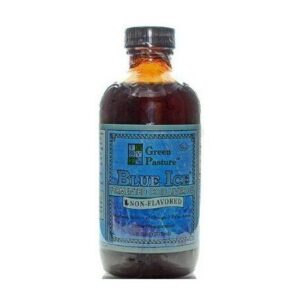
Magnesium
Magnesium is sometimes referred to as the stress antidote, the most powerful relaxation mineral that exists.
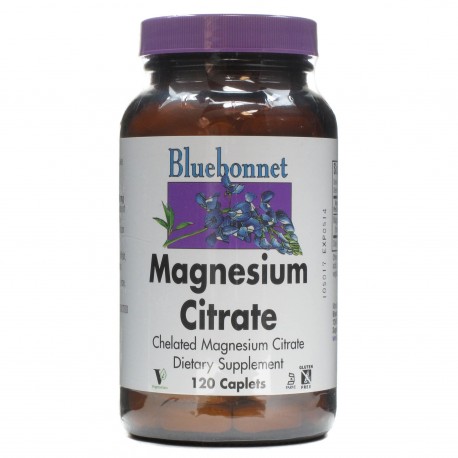
Vitamin B Complex
B vitamins like vitamin B-6 and vitamin B-12 can provide some incredible health benefits, including reduced stroke risk and healthy skin and nails. On the other hand, a vitamin B deficiency may impact your mental health. More than a quarter of severely depressed older women were deficient in B-12, according to one 2009 study.
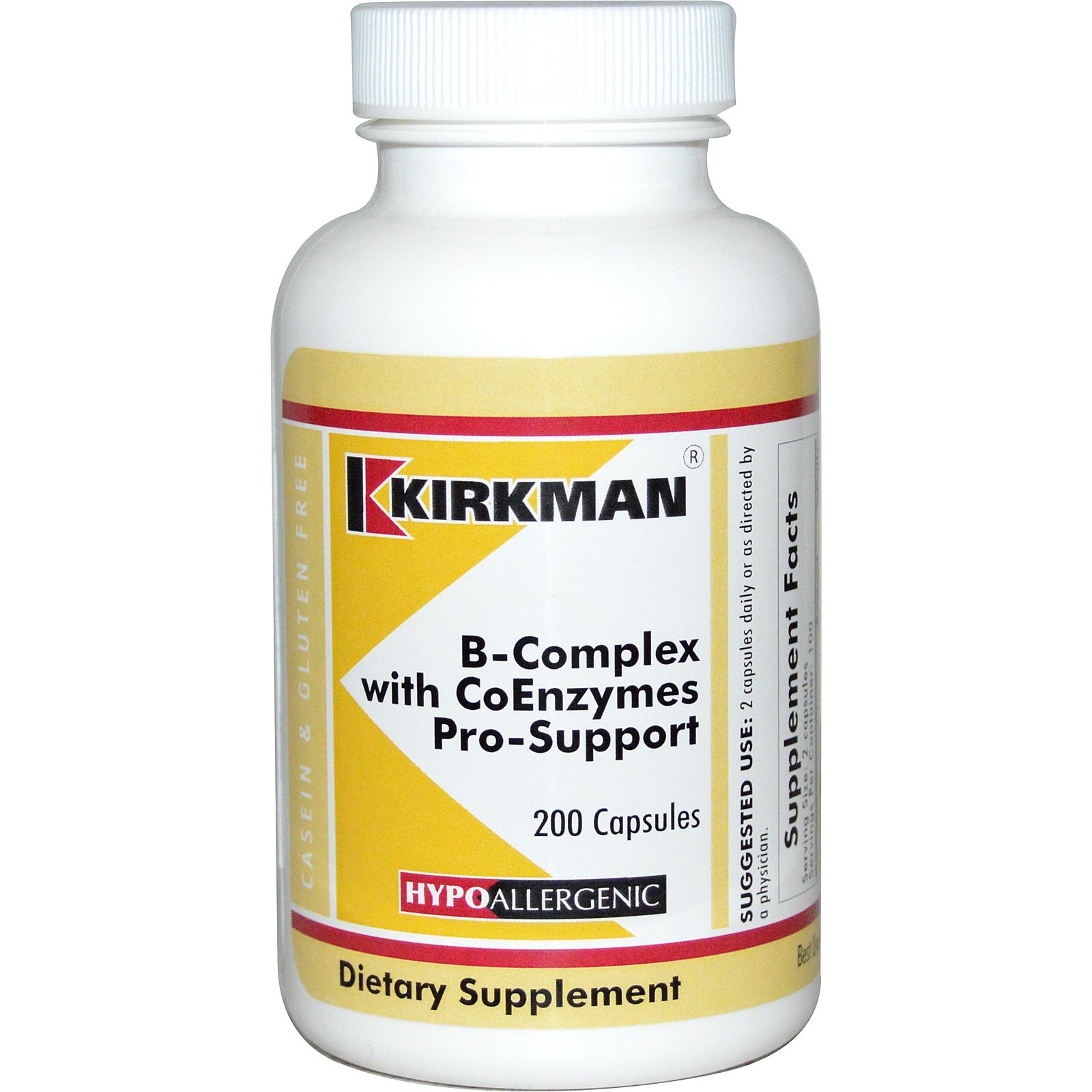
Amino Acids
Amino acids — the building blocks of protein — help your brain properly function. A deficiency in amino acids may cause you to feel sluggish, foggy, unfocused, and depressed. Good sources of amino acids include beef, eggs, fish, beans, seeds, and nuts.
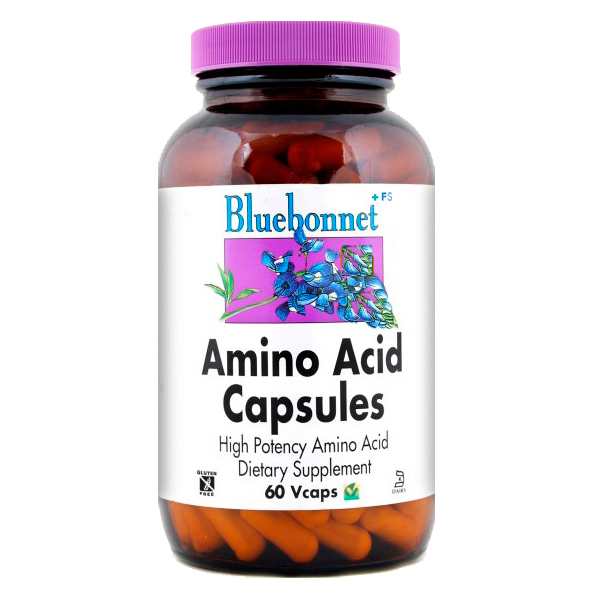
Iron
Iron deficiency is pretty common in women. Its symptoms are similar to depression: fatigue, irritability, brain fog.
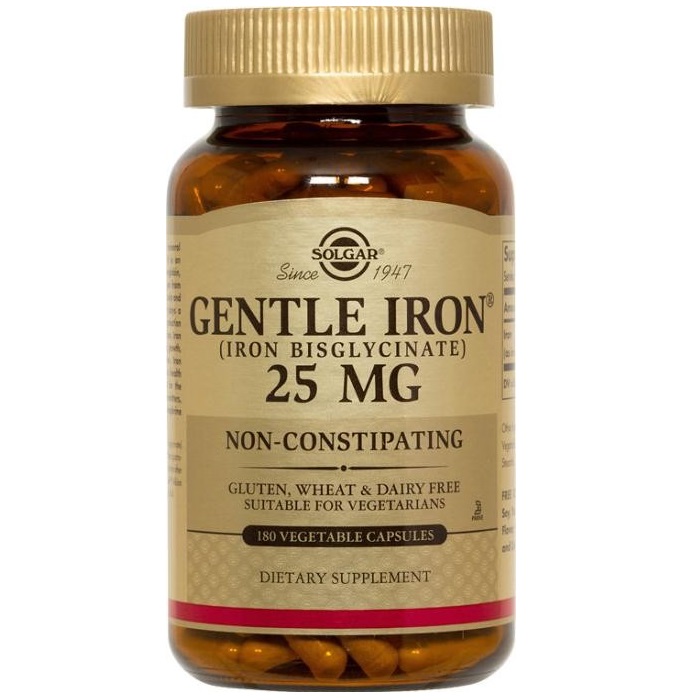
Zinc
Zinc is used by more enzymes (and we have over 300) than any other mineral. It is crucial to many of our systems. It activates our digestive enzymes so that we can break down our food, and works to prevent food allergies (which, in turn, averts depression in some people, since some of our mood disruptions are triggered by food allergies). It also helps our DNA to repair and produce proteins. Finally, zinc helps control inflammation and boosts our immune system.
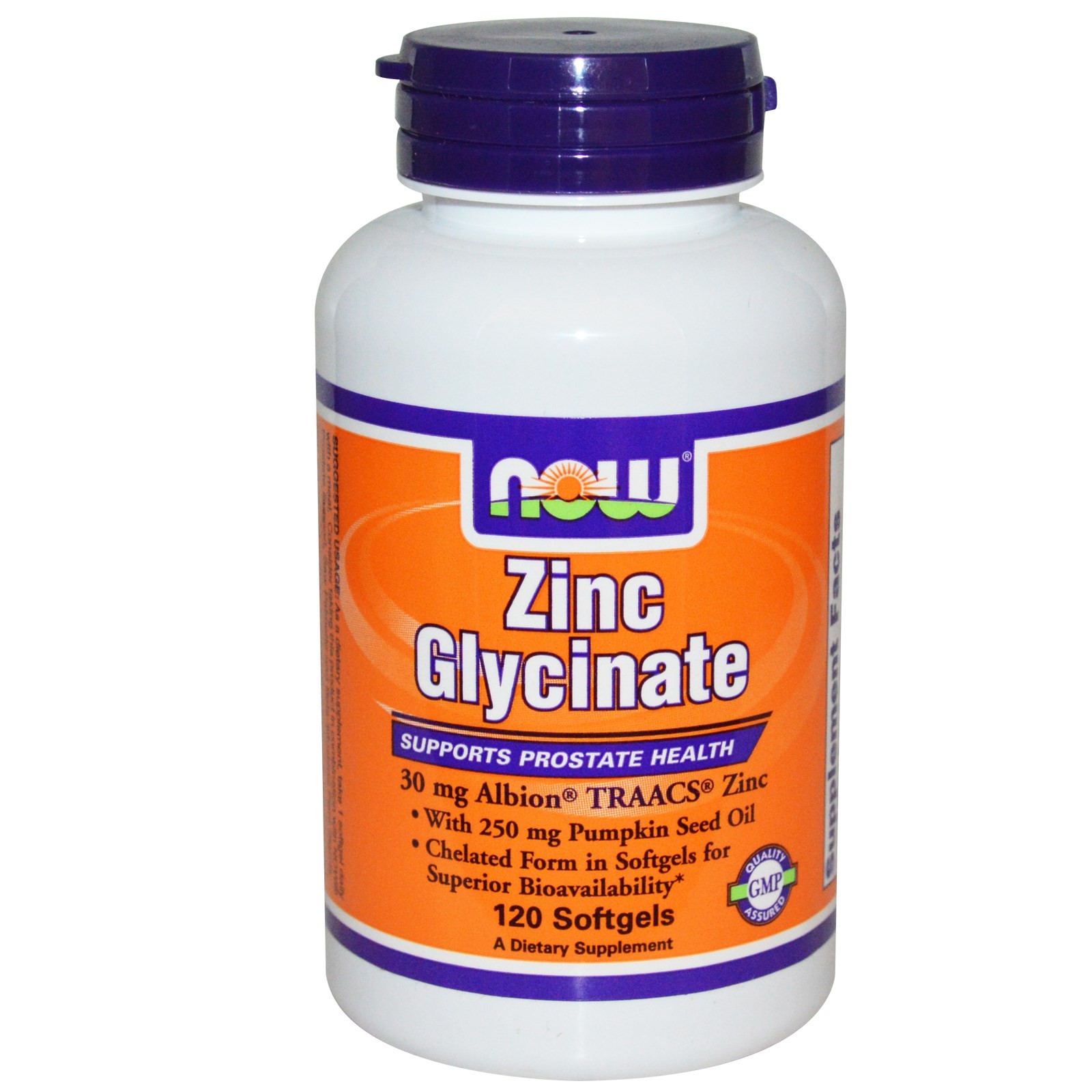
Iodine
Iodine is critical for the normal functioning of Thyroid. Thyroid affects your energy levels, metabolism, body temperature, growth, immune function, and brain performance (concentration, memory, and more). When it’s not functioning properly, you can feel very depressed, among other things.
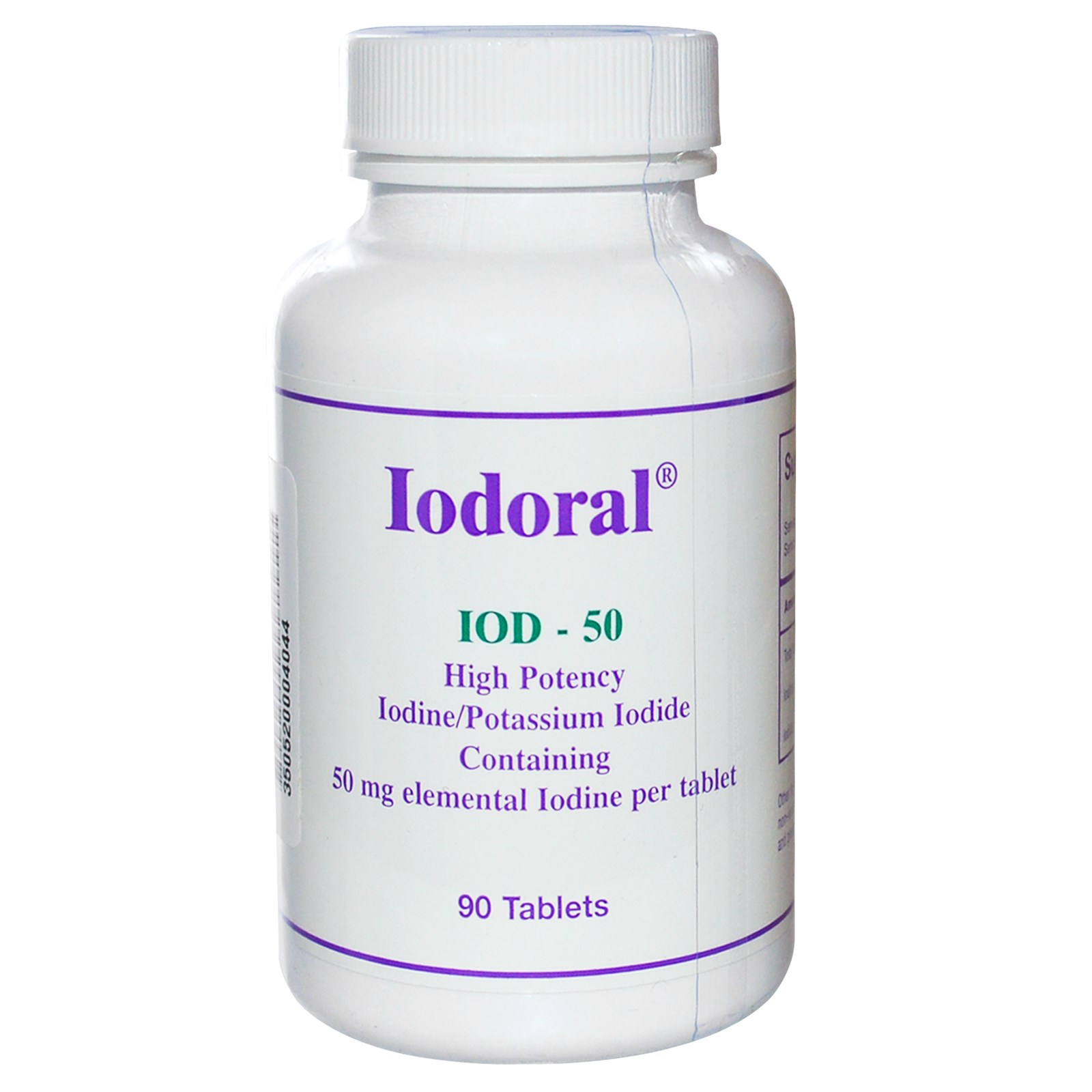
Selenium
Like iodine, selenium is important for good thyroid function. It assists the conversion of inactive thyroid hormone T4 to the active thyroid hormone, T3. It also helps one of our important antioxidants (glutathione peroxidase) keep polyunsaturated acids in our cell membranes from getting oxidized (rancid).
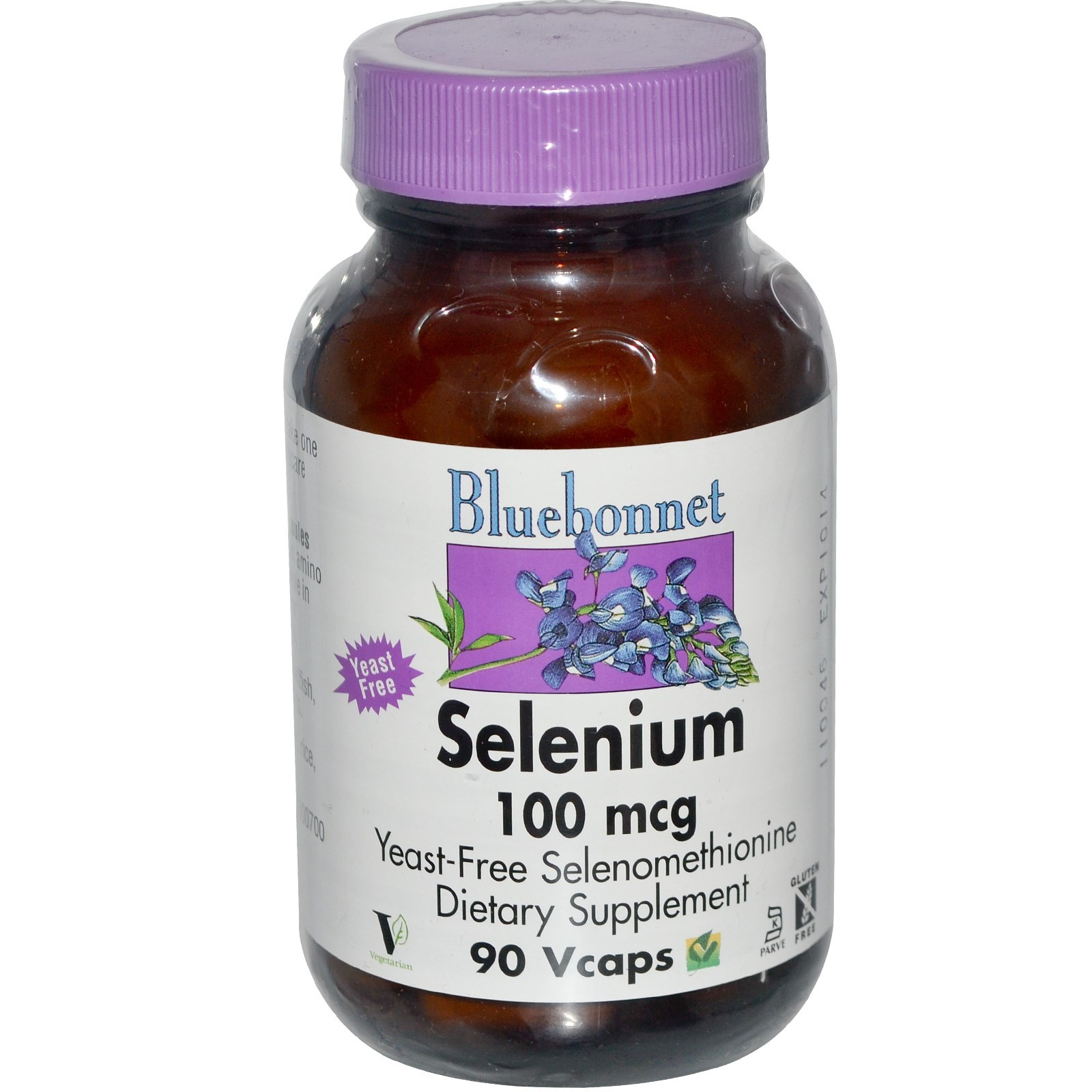
We know that essential to an overall, healthy body is a good nutrition plan. Another effective feature of a healthy nutrition is the benefits that it can provide when coping with stress. It is imperative you provide your body with all necessary nutrients when going through a stressful period. If this task is not accomplished, your body will suffer because of this and will not be able to handle stress in an effective manner.


